
EDITORIAL
26-07-2021 by Freddie del Curatolo
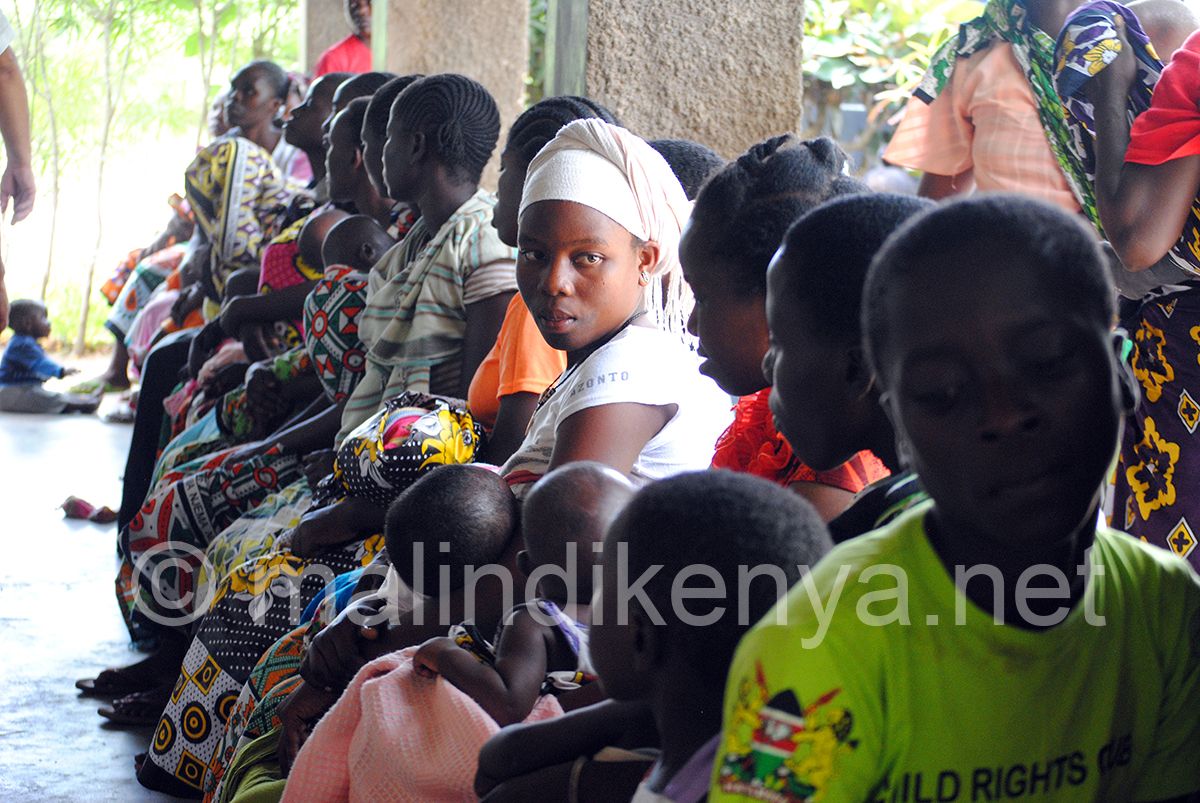
The Kenyan people, in their mass coherence sublimated in the collective imagination that wants them to be relatively peaceful and friendly, especially compared to many other African populations, almost always escape clichés and easy considerations.
You can't complain about the complete inefficiency of a service or an employee, who immediately appears to be a genius capable of pulling a solution out of a completely empty cylinder, there are categories of people capable of indignating you and at the same time moving you, awakening the most bizarre primordial instincts and making you as meek as a tabby.
Even in this pandemic period, Kenyans have shown a certain logic in facing the various challenges they have been presented with.
In the face of the ancestral fatalism that often preserves them from despair, they have not shied away from the habits that the mischievous and superficial call mindlessness and the observant and wise call realism.
Some people, talking about their reaction to the information and proselytism campaigns, have tried to define them as 'no vax', just to give them an epithet that would globalise them as it has long been the case in western countries.
The Kenyans who make up the numbers, it is never repetitive enough to remind us, are the poor citizens, those who float above the minimum daily subsistence threshold, defined as about one dollar.
So, how can you call them 'no vax' like any Italian devourer of information, someone who makes a political, philosophical argument about interests ranging from holidays in Formentera to a bankrupt business?
That kind of Kenyan, who represents eighty per cent of the inhabitants, is more of a 'no-vax' than a 'no-hospital', in the sense that for him the hospital is already a danger, an insidiousness, a place he does not trust, and that he could post at the entrance the famous Dante's epigraph 'abandon all hope or you who enter'.
Before the vaccine, Kenyans had to contend with malaria, tuberculosis, cholera, AIDS and an endless series of diseases that doctors did not recognise or know how to treat.
Or for which treatment was far too expensive.
How can anyone think of making a point about vaccines?
Even if the long-awaited malaria vaccine were to arrive, the state would probably have to make it compulsory, at least for infants and children, and administer it in schools or at home, to be successful. It is no coincidence that in the solidarity initiatives of foundations or charities, such as the frequent ones against polio, for example, 'medical camps' are organised: people are examined, medicated and vaccinated in stadiums or schoolyards. Never in hospitals.
Today, however, in the face of the economic crisis and hunger that is advancing inexorably, as estimated by the African Development Bank, reported by Angelo Ferrari in an eloquent article in Agenzia Italia (AGI), there are those who are beginning to ask their government to import more doses, as promised by the Ministry of Health. In August, according to Minister Mutahi Kagwe, 12 million Johnson & Johnson vaccines should arrive. But since his announcement last June, there has been silence.
Tourism workers, restaurant workers, drivers and other public workers would also face idiosyncrasy to health facilities, just to start again towards a slightly less poor future, in which the prices of foodstuffs essential to live would not continue to rise.
As Ferrari points out, 'rebalancing in favour of a development plan for food security should be the priority for the continent's economies if they do not want to come up against a society that is increasingly impatient due to a lack of welfare policies. The challenge is enormous.
So here the Kenyans amaze us for the umpteenth time, between the "vax" and the "no-vax" come the "maybe-vax". It's always the same old story: those who think they can choose, want to have the right to be difficult, the know-it-all, the "against" on principle or (also rightly) prove that there is still something for which they can be called "free".
Those who are free because they have nothing and can choose almost exclusively between bad and worse, often have clearer ideas and fewer prejudices.
NEWS
by redazione
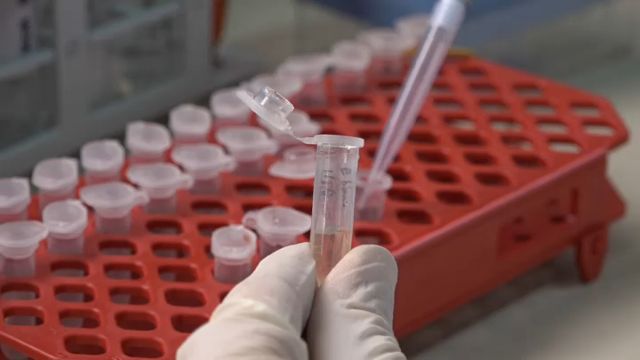
The Ministry of Health has decided that the booster vaccines administered so far, which number...
NEWS
by redazione

The situation of the vaccines made available so far to the 55 African states through the continental Africa...
CORONAVIRUS
by redazione

The percentage of cases per swab is decreasing, especially in Nairobi, but for Health Minister...
NEWS
by redazione
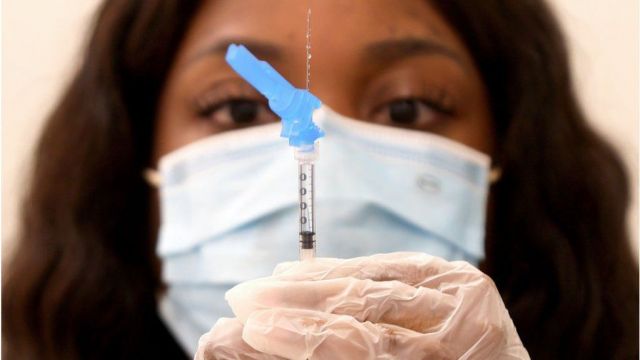
From the United States comes the hope that African populations can be almost...

In the last 24 hours the percentage of positive cases in Kenya has risen in relation to...
CORONAVIRUS
by redazione
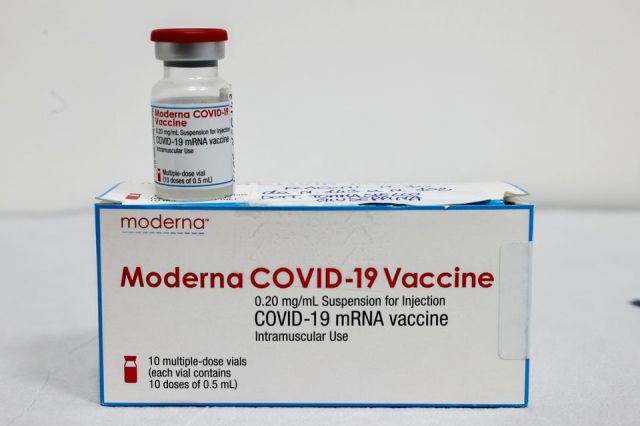
As of this morning, Monday 23 August, 880,000 doses of the Moderna vaccine, acquired by ...
CORONAVIRUS
by redazione
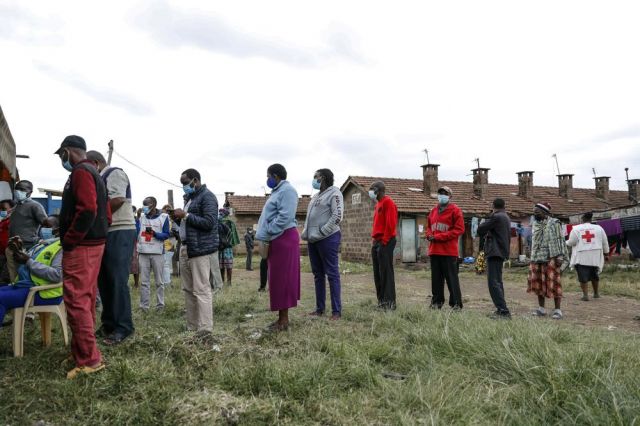
Despite new arrivals of vaccines (yesterday another 210 thousand AstraZeneca donated by Poland), in...
NEWS
by redazione
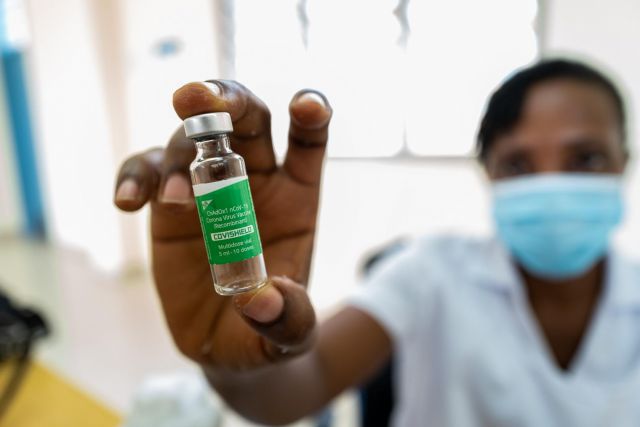
The European Union continues to refuse to recognise the AstraZeneca 'Covishield' vaccine used in...
PANDEMIC
by Freddie del Curatolo

After it became clear that India would not be able to send the second batch of AstraZeneca vaccines due...
CORONAVIRUS
by redazione
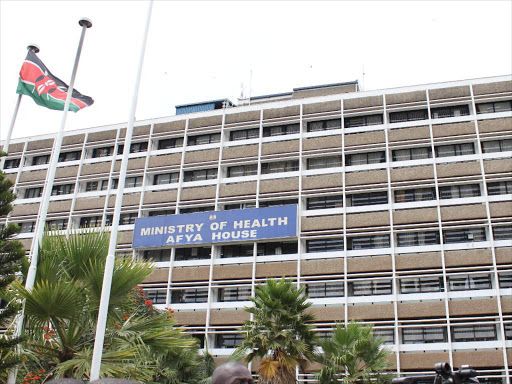
Kenya is running out of vaccines and is desperately seeking new doses in order to be able to carry out...
NEWS
by redazione

Vaccinations of Kenyan citizens and the foreign diplomatic corps in the country have begun.
The Ministry...
NEWS
by redazione
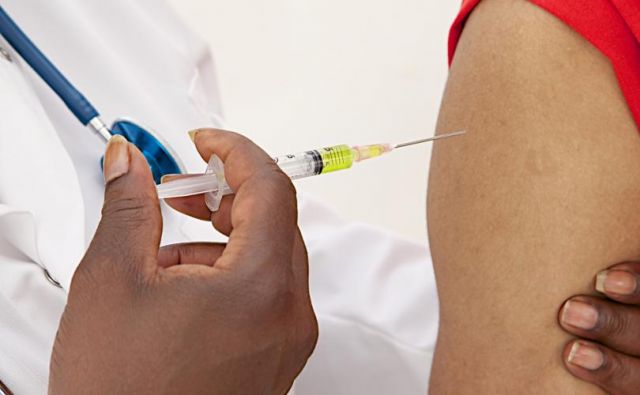
With only a few hundred doses per week, not much can be done to vaccinate as many...

Third day with the percentage of cases per swab around 10 in Kenya.
The figure...
PANDEMIC
by redazione
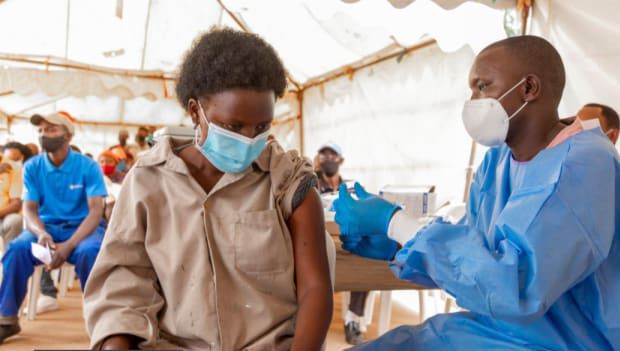
There is an air of return to normality in Kenya, after months and months of restrictions and hospitals...
CORONAVIRUS
by redazione
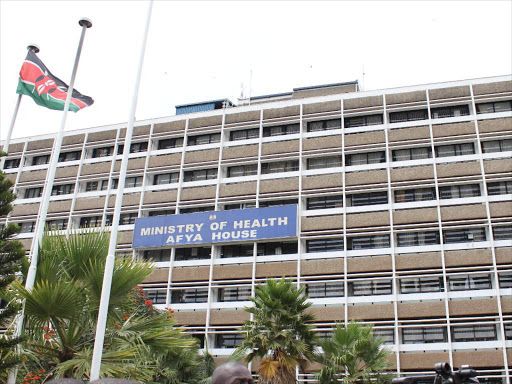
Intensive care units are slowly emptying out, vaccines are running out, the percentage is falling, and people are...
CORONAVIRUS
by redazione

Only through the vaccination of Kenyans can we resolve the issue of contagions in the country...